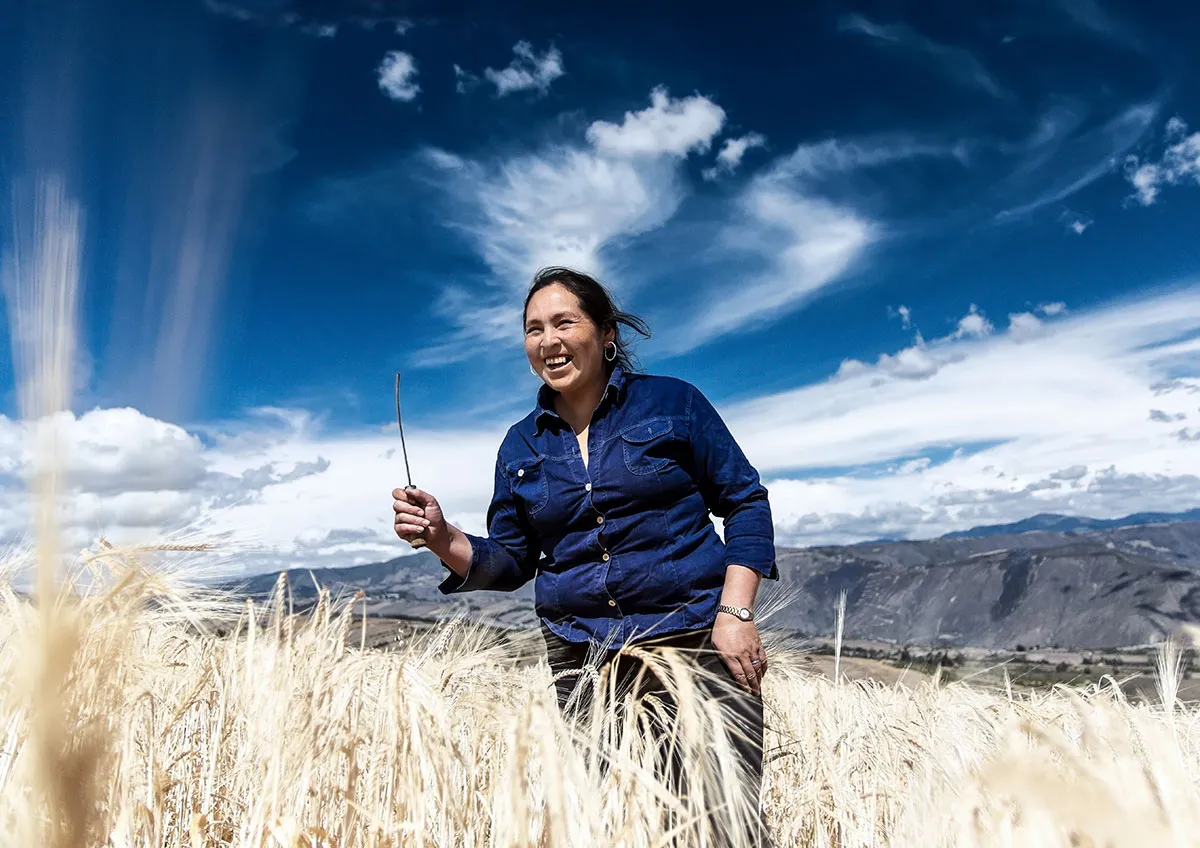As many as 828 million people will go to bed hungry tonight, and 2 billion more don’t know where their next meal is coming from.
Being hungry impacts everything in those people’s lives. When they can’t cover this basic need, families struggle to find a way out of poverty. It’s harder to take advantage of economic opportunities or get involved in community actions. Kids who are hungry don’t do as well in school — if they are able to go at all. Babies who don’t get the right nutrition early in life may never reach their full potential as adults.
Not only are these numbers unacceptable — globally, they’re getting worse. Over the last three years, conflict and climate change have caused food insecurity to increase every year. Farmers struggle to grow the food they need to grow food for themselves, and to sell into markets for others to eat. If we don’t do something, 1.4 billion people could be hungry by 2050.

